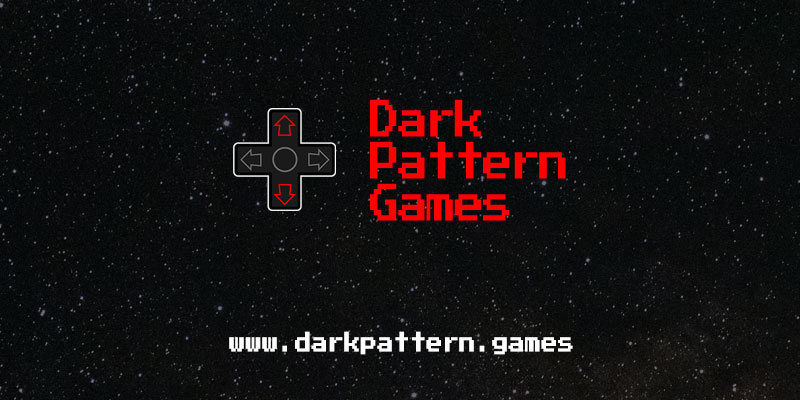- cross-posted to:
- games@lemmy.world
- cross-posted to:
- games@lemmy.world
Definition: A gaming dark pattern is something that is deliberately added to a game to cause an unwanted negative experience for the player with a positive outcome for the game developer.
Learned about it from another lemmy user! it’s a newer website, so not every game has a rating, but it’s already super helpful and I intend to add ratings as I can!
While as an adult I think it’ll probably be helpful to find games that are just games and not trying to bait whales, I feel like it’s even more helpful for parents.
Making sure the game your kids want to play is free of traps like accidental purchases and starting chain emails with invites I think makes it worth its weight in gold.
EDIT: Some folks seem to be concerned with some specific items that it looks for, but I’ve been thinking of it like this:
1 mechanic is a thread, multiple together form a pattern. It’s why they’ll still have a high score even if they have a handful of the items listed.
Like random loot from a boss can be real fun! But when it’s combined with time gates, pay to skip, grinding, and loot boxes… we all know exactly what it is trying to accomplish. They don’t want you to actually redo the dungeon 100 times. They want you to buy 100 loot boxes.
Guilds where you screw over your friends if you don’t play for a couple days because your guild can’t compete and earn the rewards they want if even a single player isn’t playing every single day? Yeah, we know what it’s about. But guilds where it’s all very chill and optional? Completely fine.
Games that throw in secret bots without telling you to make you think you’re good at the game combined with a leader board and infinite treadmill, so you sit there playing the game not wanting to give up your “top spot”? I see you stupid IO games.
But also, information is power to the consumer.



I think one of the reasons why I stopped gaming as an adult, is because I realized that pretty much all the popular games are rigged to keep you going. The progression is artificial, and demotivates me to invest time in it.
Old games were basically: play them, and with the right skill you can complete the levels and finish. Simple, fun, and you didn’t have to return back to the game in 11h:23m:45sec in order to “unlock” anything, either. You turn it on when you want, then turn it off. You can return to it months or even years later and it makes no difference.
New games? Always moving the goal posts. You have to pay to level up quickly, but the next level just sets you up for another artificial grind. Spin a wheel or open a loot crate? Those are just programmed to give you exactly the items you need to keep going a little further. Seasons, timed events, social media integration… all the fun is sucked out.
Video games use quite a few of the same tactics that you’ll see in lotteries, casinos, and other “games of chance”.
Once you realize that, you can’t unsee it.
100%, it’s why I’m more pulled towards RTS games these days.
Like to “catch up” and compete in say a card game… you have to spend money. They are not designed for you to catch up on time.
An rts though? I can catch up to most of the folks if I want to.